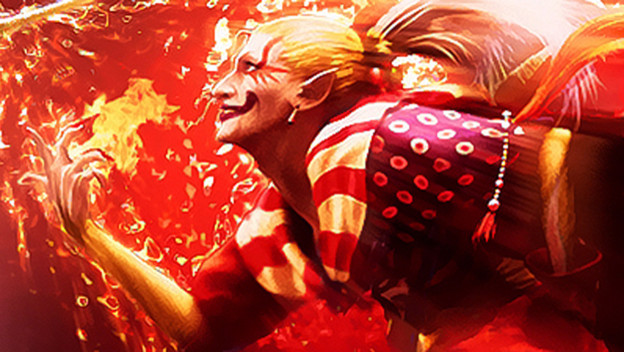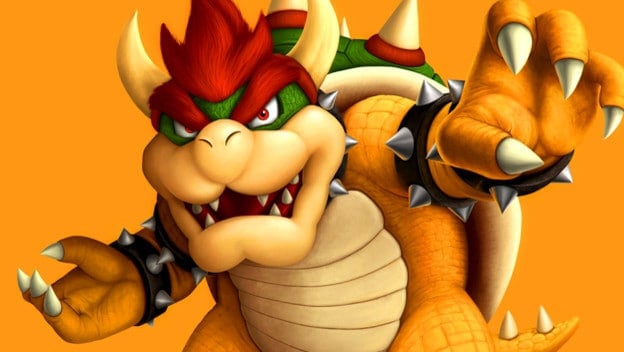When gamers congregate and talk about video games, one of the most memorable experiences they can recount to their friends are of the various boss fights they face in video games. These encounters are often made to feel epic and climactic. Perhaps this is why they are such good fodder for Top 10 pieces around the internet; boss fights are important to us.
What is it, though, that makes for a good boss fight? What success strategies can developers use to make sure that the bosses you fight in a game get your palms sweating and feel like a proper conquest?
One development philosophy involves a “change of kind.” This is the reason games like God of War contain puzzle segments that feel slightly out of place. The theory is that by breaking up the type of gameplay with segments that feel different, you enhance the game overall. Even if the puzzle segments in games like God of War may not be all that engaging, they keep the combat sections from becoming monotonous. A good boss fight should offer some type of deviation from regular gameplay that sets it apart from the core game. This is why boss fights in Halo games often fall flat; they just feel like more of the same.
A boss fight should also serve as a critical moment in the pacing of a game. The Legend of Zelda series handles pacing admirably in its dungeons. In each dungeon the player encounters, there are milestones that let them know they are approaching the boss. First, they get the lay of the land. Then, they work their way towards rewards like a dungeon item that fits the theme of the dungeon, and a key that unlocks the door to the boss room. During this process, the player’s anticipation grows and the boss ends up feeling like a reward; they get to utilize the skills they’ve learned in that dungeon to defeat the boss and feel like they’ve grown as a player. Once the boss is defeated, the player is released from the confines of the dungeon and allowed to explore the more tranquil, open world of the game. As such, boss fights feel like the end of a chapter when properly employed.
Whereas Zelda usually has pretty rigid boss fights with a single path to victory, an approach that allows players multiple ways to succeed can help keep a fight more interesting. In Dark Souls , players face off against a pair of enemies called Ornstein and Smough. These two creatures attack independently and keep players on their toes in a game that is noted for its punishing gameplay and unforgiving approach to player death. The game’s natural intensity blended with the additional chaos of the Smough and Ornstein fight creates a desire in the player to simplify the encounter by focusing on a single target; a target that they choose. Once chosen, and defeated, the fight hits a midpoint and the remaining enemy absorbs the essence of their fallen comrade, becoming more powerful. This twist changes the way the rest of the fight plays out, and the player is forced to consider an approach that works best for them.

Bosses are at their most satisfying, however, when the player is emotionally invested in their defeat. This can often be accomplished through narrative, and being able to thwart a contemptible character is a reward unto itself. Throughout Final Fantasy VI, the game’s primary antagonist, Kefka, consistently jolts the tone of the game from carefree to tragic; there is hardly a member of the player’s party who doesn’t hold a personal vendetta against him and it is easy for the player to empathize. Between Kefka’s underhanded tactics and a carefree cackle that underlines his general disregard for human life, he is an utterly loathsome creature. When the player finally confronts Kefka, the music ramps up and the battle plays out in multiple stages and transformations that coalesce with just how important the fight is to the player.
Boss fights in games are amazing experiences, and each has its own pacing, themes, and mechanics that set it aside from the rest of the game; they’re designed to stand out. Without them, a game just might feel like a grind from start to finish, with limited rewards throughout. Large amounts of effort are put into their design, and they’ve become a staple of games across genres. Here’s to boss fights, may you ever remain present in our games.
